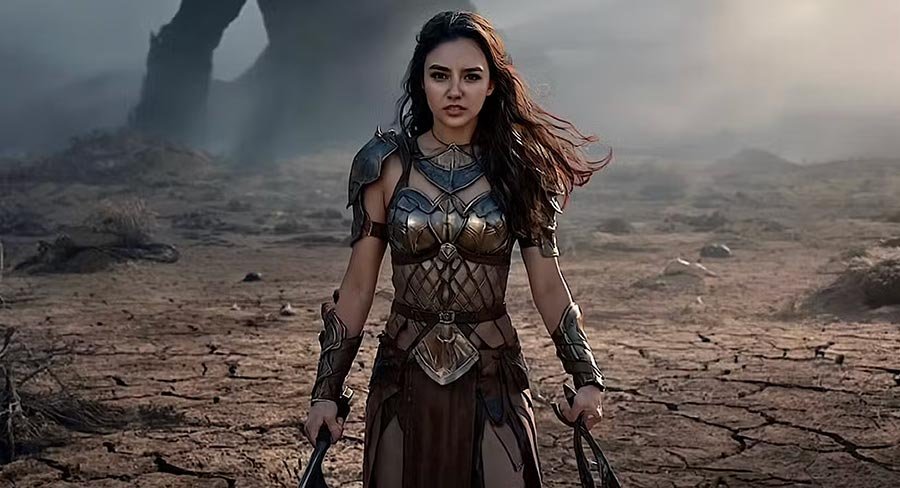In September 2025, at the Zurich Summit held alongside the Zurich Film Festival, industry insiders learned of a bold new experiment: a hyperreal, AI-generated actress named Tilly Norwood may soon be signed by real-world talent agencies. Created by Eline van der Velden’s AI talent studio Xicoia, Norwood represents one of the most audacious attempts yet to bridge computer-generated performance and traditional acting economies.
What (and Who) Is Tilly Norwood?
According to her listed official site, Tilly Norwood is presented as a “London-based actor” represented by Particle6 Productions. But in truth, she is not human: she is an AI composite built via a stack of generative video, voice, and animation tools. Her creators say she was trained with ten different tools to deliver “nuance, emotion, and consistency,” capable of being cast, directed, and deployed like any human actor.
Van der Velden introduced Norwood publicly earlier in 2025, positioning her as a proof of concept for digital talent that can be monetized, managed, and scaled like human creatives. The idea: rather than replace human actors, AI performers may supplement or augment productions in CGI, background roles, commercial spots, or novel hybrid casting models.
Agency Talks and Industry Interest

What captured broad attention was van der Velden’s announcement that talent agencies are already in discussions to represent Norwood. According to her remarks on the Zurich panel, industry attitudes have shifted rapidly over just months. In early 2025, many studios and agencies were dismissive. By mid-year, conversations had begun in earnest. “We were in a lot of boardrooms around February time … everyone was like, ‘No, this is nothing.’ Then by May … people were like, ‘We need to do something with you guys.’”
If finalized, such representation could make Norwood one of the first AI-generated performers to exist within the same talent marketplace as human actors. Media outlets like Screenrant and Livemint describe the scenario as a turning point for entertainment, blurring the line between digital modeling and acting.
Skepticism, Backlash, and Ethical Tensions
Not everyone is convinced. Critics warn that the notion of signing an AI “actress” may be more marketing than substance. The A.V. Club described the pitch as part of a “generative AI sales funnel,” suggesting that hype is doing the heavy lifting until real productions justify the claims. Other voices raise fundamental questions: what does acting mean if the performer isn’t human? Can viewers emotionally invest in a virtual face? What are the rights, royalties, or liability in AI performance?
On social media, reactions are mixed. Some are alarmed by the prospect of jobs being replaced; others treat the development pragmatically as another creative tool. A post on Reddit put it bluntly:
“Why would an AI ‘actor’ need a talent agent? … They’re trying to square the circle of wanting to keep the value of a big movie star but not have to pay a real human.” (Reddit)
Even some early demos of Norwood have stirred unease: uncanny valley effects, imperfect lip sync, or awkward motion capture leave parts of audiences unsettled.
What’s Next — Possibility, Not Certainty
As of now, no formal agency deal is confirmed, and no mainstream film or series cast Norwood in a prominent role. But the narrative momentum is shifting. If a top-tier agency does sign her, it would shift AI from speculative novelty to contractual player. The next test will be whether she can be cast credibly, compensated fairly, and accepted by audiences.
For now, Tilly Norwood occupies a curious in-between zone: neither fully digital mascot nor bona fide actor — yet a harbinger of what entertainment may look like in coming years. Whether she becomes a groundbreaking success or a cautionary experiment, her emergence forces a rethinking of performance, identity, and the future of creative labor.


